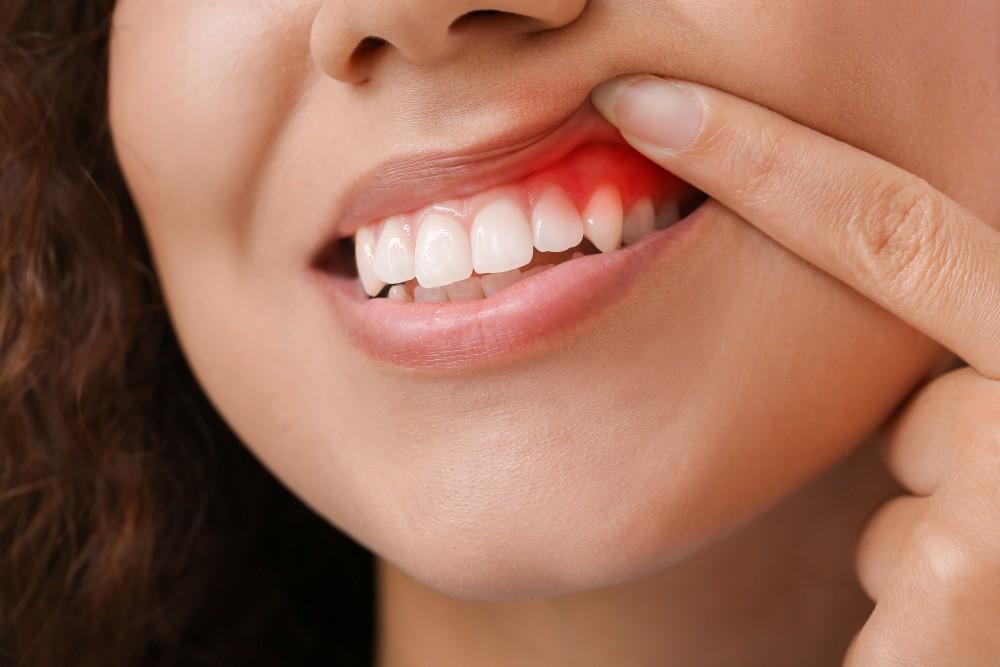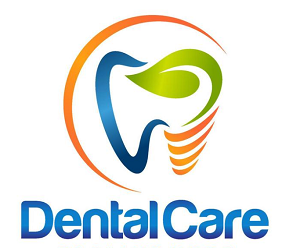Introduction
Dental abscesses are a common dental emergency that can cause severe pain and discomfort. An abscess is a pocket of pus that forms due to a bacterial infection. It can occur in different parts of the tooth or gums and requires immediate attention to prevent further complications. In this blog post, we will discuss how to recognize the signs of a dental abscess and provide guidance on how to handle this type of emergency.
What is a Dental Abscess?
A dental abscess is a painful infection that occurs in the tooth, gums, or surrounding tissues. It is usually caused by a bacterial infection and can lead to severe pain, swelling, and even fever. Recognizing the signs of a dental abscess and knowing how to handle it is crucial to prevent further complications and seek appropriate treatment.
Signs and Symptoms
There are several signs and symptoms that can indicate the presence of a dental abscess:
1. Severe Toothache
A persistent and throbbing toothache is often the first sign of a dental abscess. The pain may worsen when biting or chewing and can radiate to the jaw, ear, or neck.
2. Swelling and Redness
The area around the affected tooth or gum may become swollen, tender, and red. This swelling can sometimes be visible on the face, causing a noticeable bulge.
3. Sensitivity to Temperature
Abscessed teeth are often sensitive to hot or cold temperatures. Drinking or eating something hot or cold may trigger sharp pain in the affected tooth.
4. Bad Breath and Taste
An unpleasant taste in the mouth and persistent bad breath can be signs of a dental abscess. The infection can cause an accumulation of pus, leading to an unpleasant odor.
5. Fever and General Malaise
In severe cases, a dental abscess can cause fever, general malaise, and a feeling of being unwell. These symptoms indicate that the infection has spread and requires immediate attention.
Handling Dental Abscess Emergencies
When faced with a dental abscess emergency, it is important to take immediate action to alleviate pain and prevent further complications. Here are some steps to follow:
1. Rinse with Saltwater
Mix half a teaspoon of salt in a glass of warm water and rinse your mouth thoroughly. This can help reduce swelling and alleviate discomfort temporarily.
Summary
Dental abscesses are serious infections that require prompt treatment. If left untreated, they can lead to severe pain, swelling, and even systemic infections. Recognizing the signs of a dental abscess is crucial in order to seek immediate dental care. Symptoms may include persistent toothache, swelling of the face or gums, fever, and difficulty swallowing or breathing. If you suspect a dental abscess, it is important to contact your dentist as soon as possible. In the meantime, you can rinse your mouth with warm saltwater and take over-the-counter pain relievers to alleviate discomfort. Remember, early intervention is key to preventing further comp official website lications and ensuring a successful recovery.

- Q: What is a dental abscess?
- A: A dental abscess is a pocket of pus that forms in the teeth or gums due to a bacterial infection.
- Q: How can I recognize a dental abscess?
- A: Common signs of a dental abscess include severe toothache, swollen gums, fever, bad breath, and difficulty swallowing.
- Q: What should I do if I suspect a dental abscess?
- A: It is important to seek dental care immediately. Contact your dentist to schedule an emergency appointment.
- Q: Can a dental abscess be dangerous?
- A: Yes, if left untreated, a dental abscess can lead to serious complications, such as the spread of infection to other parts of the body.
- Q: How will a dental abscess be treated?
- A: Treatment for a dental abscess may involve draining the pus, prescribing antibiotics, and performing a root canal or tooth extraction.
- Q: How can I relieve pain from a dental abscess at home?
- A: Over-the-counter pain relievers, rinsing with warm saltwater, and applying a cold compress to the affected area can help temporarily alleviate pain.
- Q: Can I prevent dental abscesses?
- A: Good oral hygiene practices, such as regular brushing and flossing, along with routine dental check-ups, can help prevent dental abscesses.

Welcome to my website! My name is Edward Bramston, and I am a dedicated Dental Anesthesiologist with a passion for providing exceptional care to patients of all ages. With years of experience in the field, I have developed a deep understanding of the importance of dental emergencies, children’s dentistry, and nutrition for oral health.

